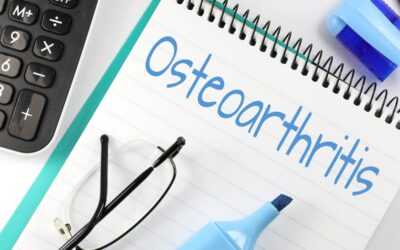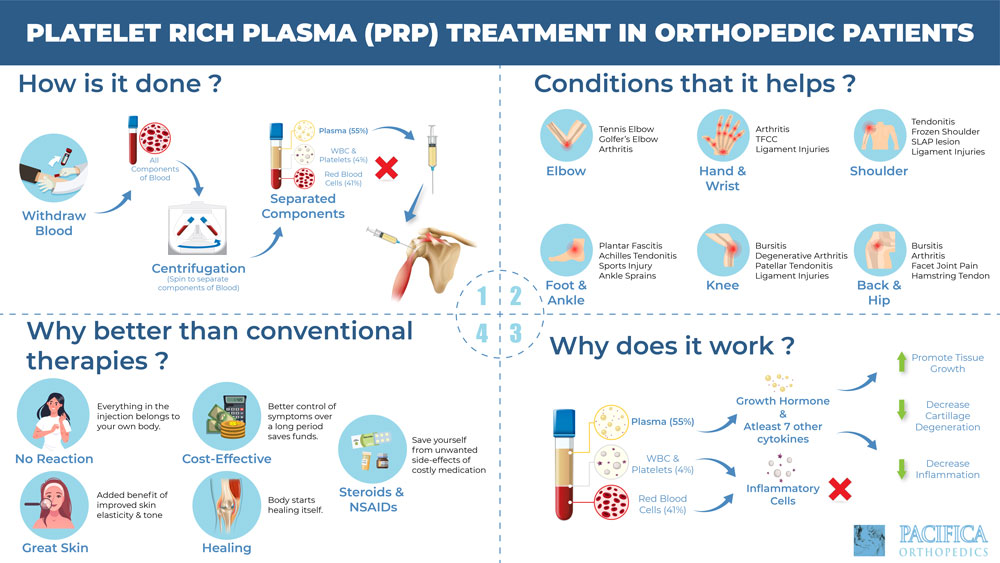Leg pain can be caused by a torn or overstretched muscle, a hairline crack or stress fracture, tendonitis or shin splints due to repetitive pounding. Besides the fact that leg pain usually follows a traumatic injury to the leg, there are other non-traumatic causes of leg pain and discomforts. Pain experienced in the legs results from any conditions that adversely affect different parts of the leg including bones, muscles, tendons, ligaments, nerves, joints, and blood vessels. Non-traumatic causes of leg pain are usually characterized by inflammation of tissues and the resultant pain.
One of the common causes of leg pain is muscle cramps which are due to dehydration, inadequate amounts of minerals such as potassium, sodium, calcium, and magnesium in the body. Muscle fatigue from repetitive use of the leg can also cause cramps. Other non-traumatic causes of leg pain include atherosclerosis which is a condition that inhibits flow of blood in the leg arteries, deep vein thrombosis or blood clots, osteomyletis or bone infection, and infections in the soft tissues and skin. There are diseases such as diabetes, arthritis, and gout that cause inflammation in the leg joints. Nerve damage which is common among diabetics and smokers can also cause numbness or tingling sensations in the legs.
There are other rare causes of leg pains which occasionally affect people. Some of these rare causes include benign tumors in the femur or tibia called osteoid osteoma and the use of drugs such as allopurinol. There is a rare condition called leg-calve-perthes disease which results in poor blood flow in the hips resulting in poor or slow growth of a child’s leg. Leg pain may also result from a slipped disc in the back or femoral epiphysis which is found in some overweight children. Any condition characterized by leg pain without apparent traumatic injuries should be examined by a doctor as early as possible to avoid further complications.




0 Comments